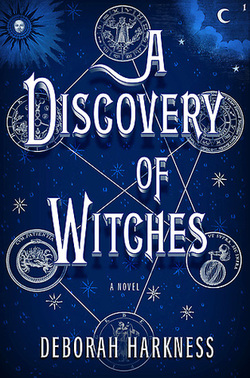
Author: Deborah Harkness
Genre: Fantasy
# pages: 579
Date published: 2011
5-star rating: 3 stars
Would you recommend it: No
When I began this book, I expected a light fantasy read with a lot of magic and mystery. The premise is not unique, but it seemed exciting enough: the story revolves around Diana Bishop, an academic doubling as a repressed witch, who rejects her powerful magic and background in favor of a normal, mundane life. She’s studying in an Oxford library when she accidentally summons forth a mysterious, long-lost magical text of great importance to the supernatural community (which not only includes witches, but also daemons and vampires). Suddenly her world is thrown into chaos when every supernatural being is drawn to her, wanting the manuscript. This includes a benign vampire and geneticist named Matthew, who says he has her best interests at heart and proceeds to follow her around.
There were a lot of elements of A Discovery of Witches that I enjoyed. For instance, the mythology of the supernatural beings was well fleshed-out and I especially liked the daemons (extremely creative beings with unstable personalities.) I also generally appreciated the writing style, especially the beautiful descriptions of the locations throughout the novel, Oxford being just one of several. The novel was also very easy to get into and despite the length (a hefty 579 pages), the plot was fast enough and the emotional shocks frequent enough that I didn’t find myself growing bored.
However, at its core this book is a paranormal romance between Matthew and Diana, and while I really enjoyed the mythos and plot the author created, I just couldn’t get over how unrealistic and even degrading the romantic aspect was. In the beginning of the novel, Diana is established as a fairly capable, intelligent protagonist rife with internal conflict. I found her likeable and complex. However, her character seemed to crumble when Matthew is introduced. In a matter of pages I went from reading something akin to The Da Vinci Code to something eerily similar to Twilight. Matthew seems too perfect in some ways – intelligent, rich, cultured, physically good-looking – and in others severely messed up –stalker tendencies, temperamental, controlling. Diana, who had initially seemed a solid character, crumbles into a dependent mess as the book progresses. And I tried to be fine with this development, because not every character has to be flawless or strong, but it’s hard to enjoy a story in which a dependent romance is so idolized.
Overall, I found this novel disappointing. Its premise, initial character construction, scenery and overarching sense of mystery drew me in and I was expecting a light, but entertaining read. However, the poor romance and aggravating characters prevented me from truly enjoying it. I would only recommend it if you happen to have a long-stretch of time with nothing to do or maybe as a beach-read. Anyway, I’ve finally learned my lesson: from now on, if there are any vampires in the books I’m reading, they’re going to be snarling, corrupt creatures of the night with not a sparkle or a charming smile in sight.

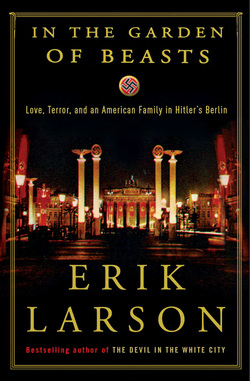
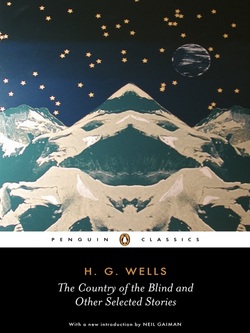
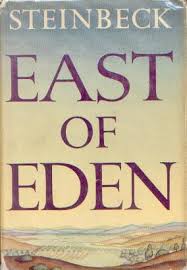
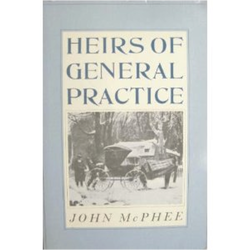
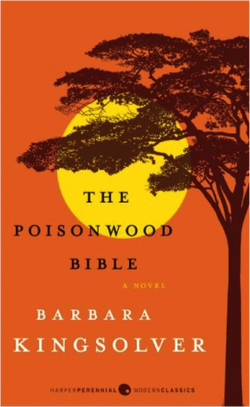

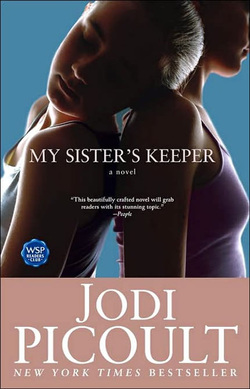
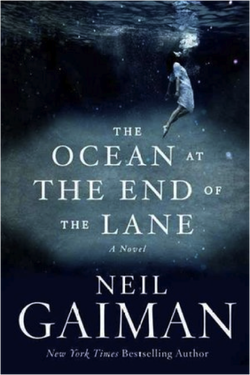
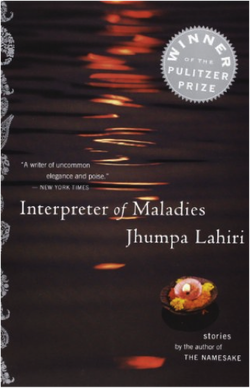
 RSS Feed
RSS Feed
